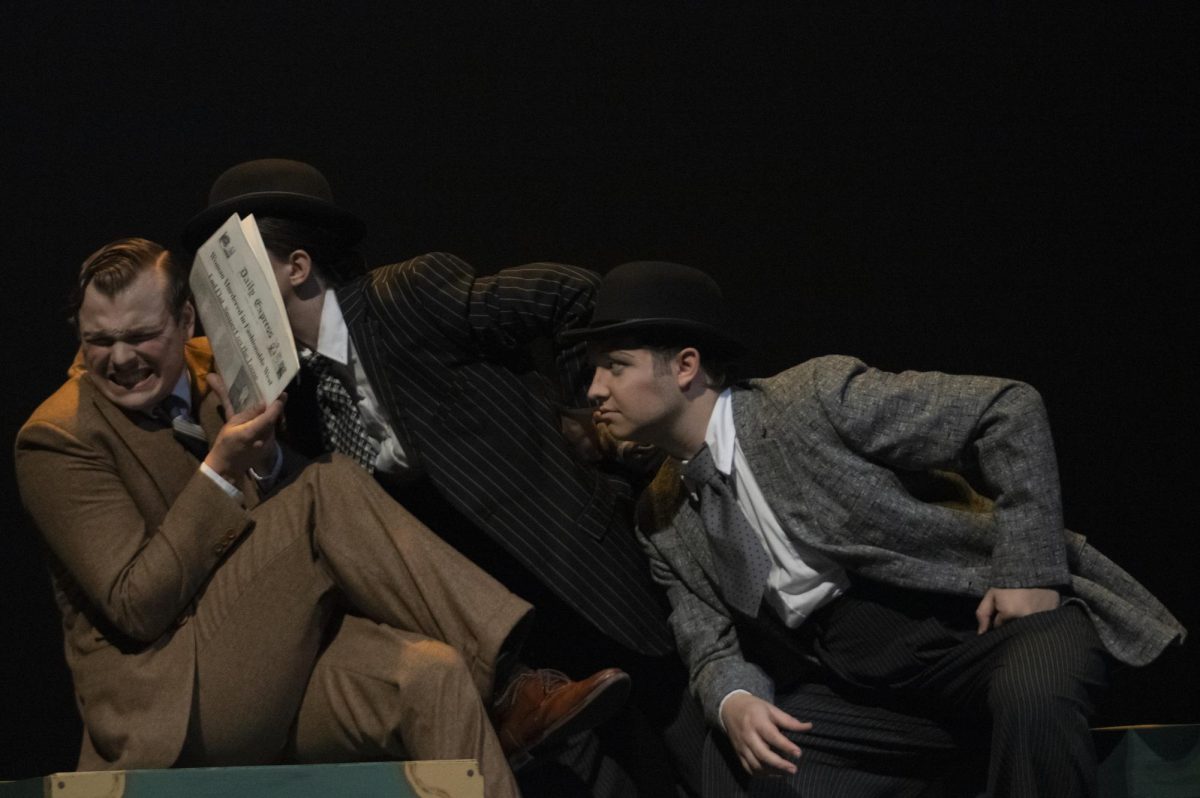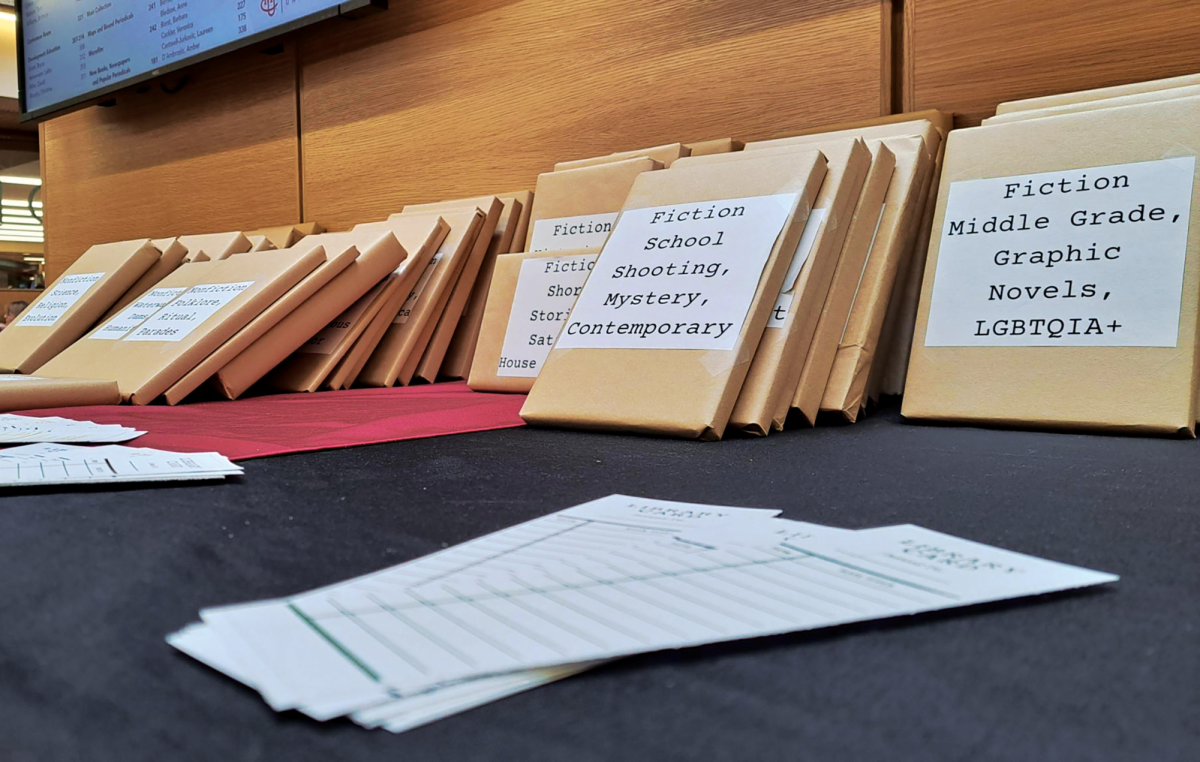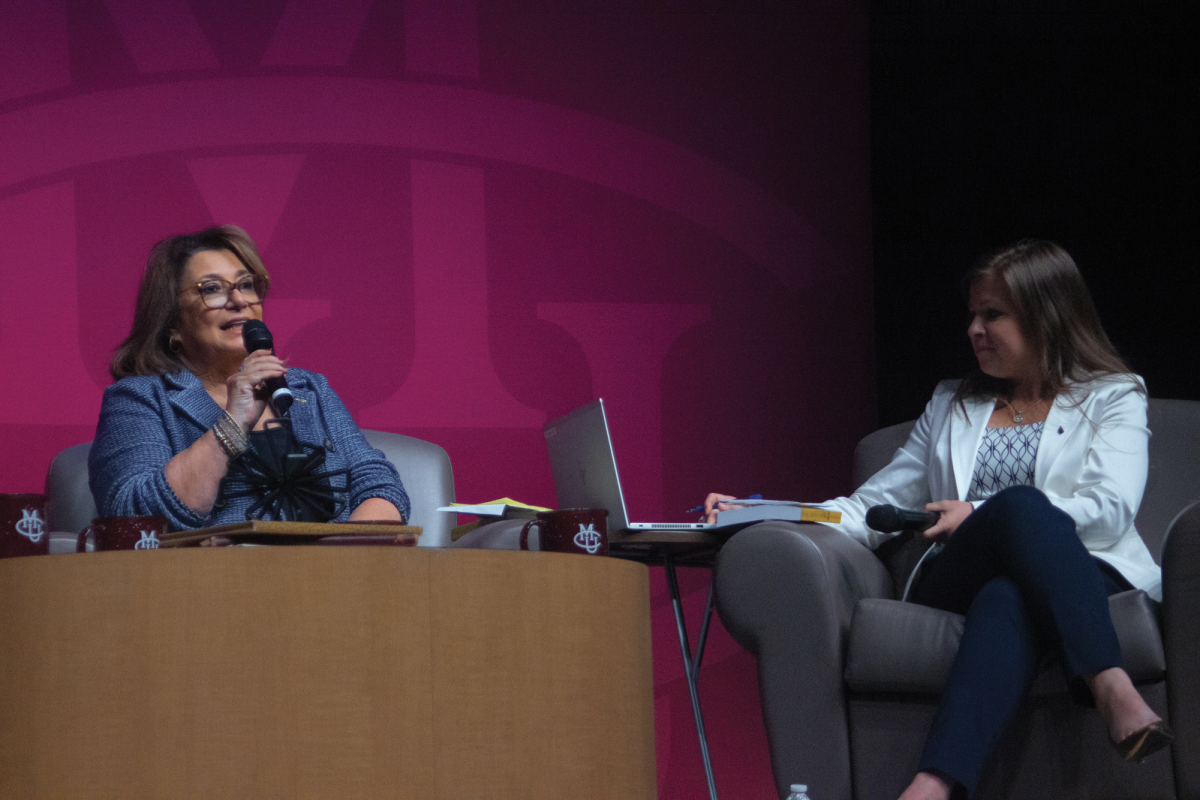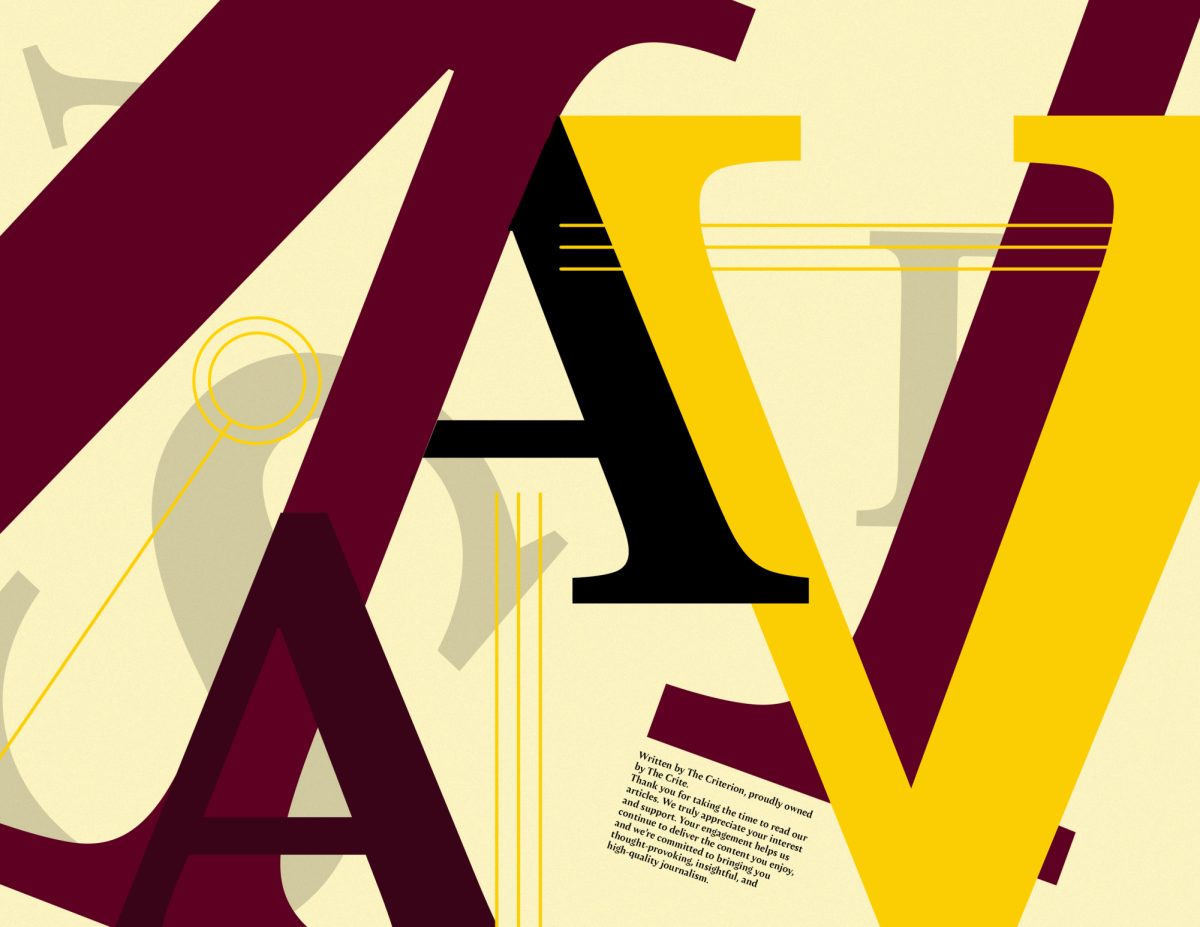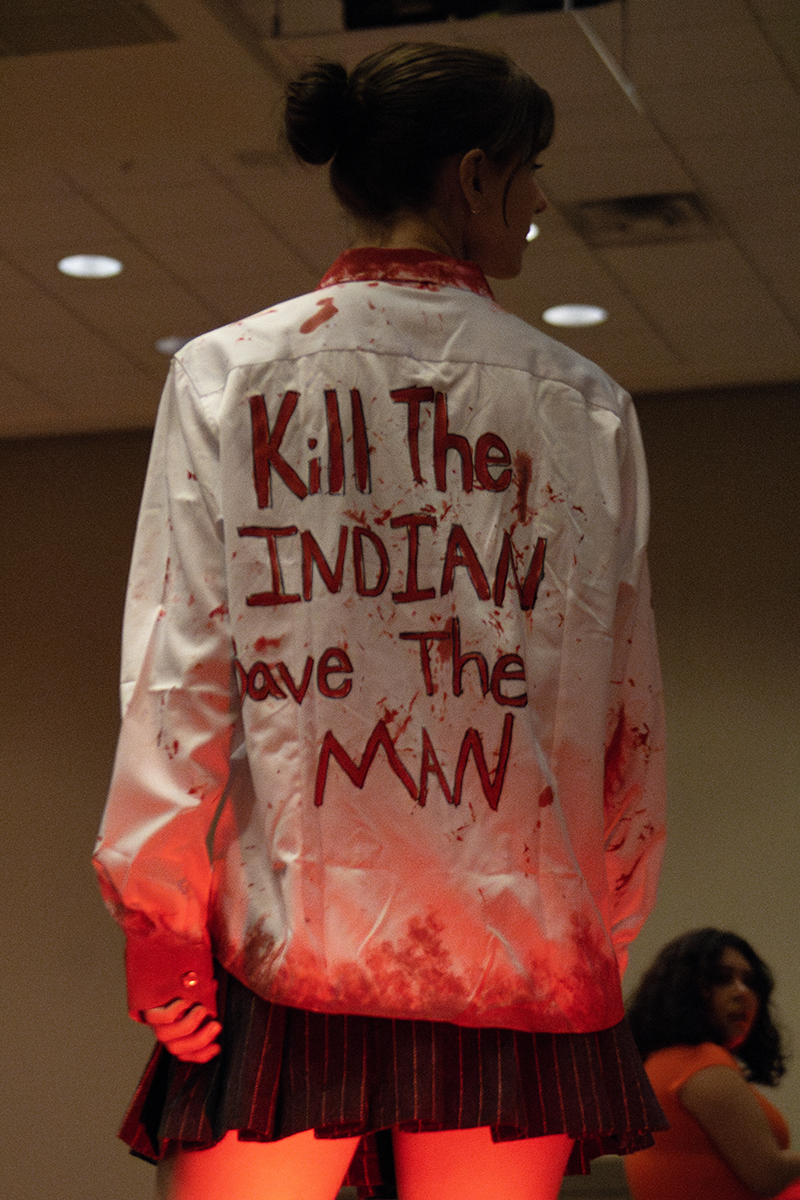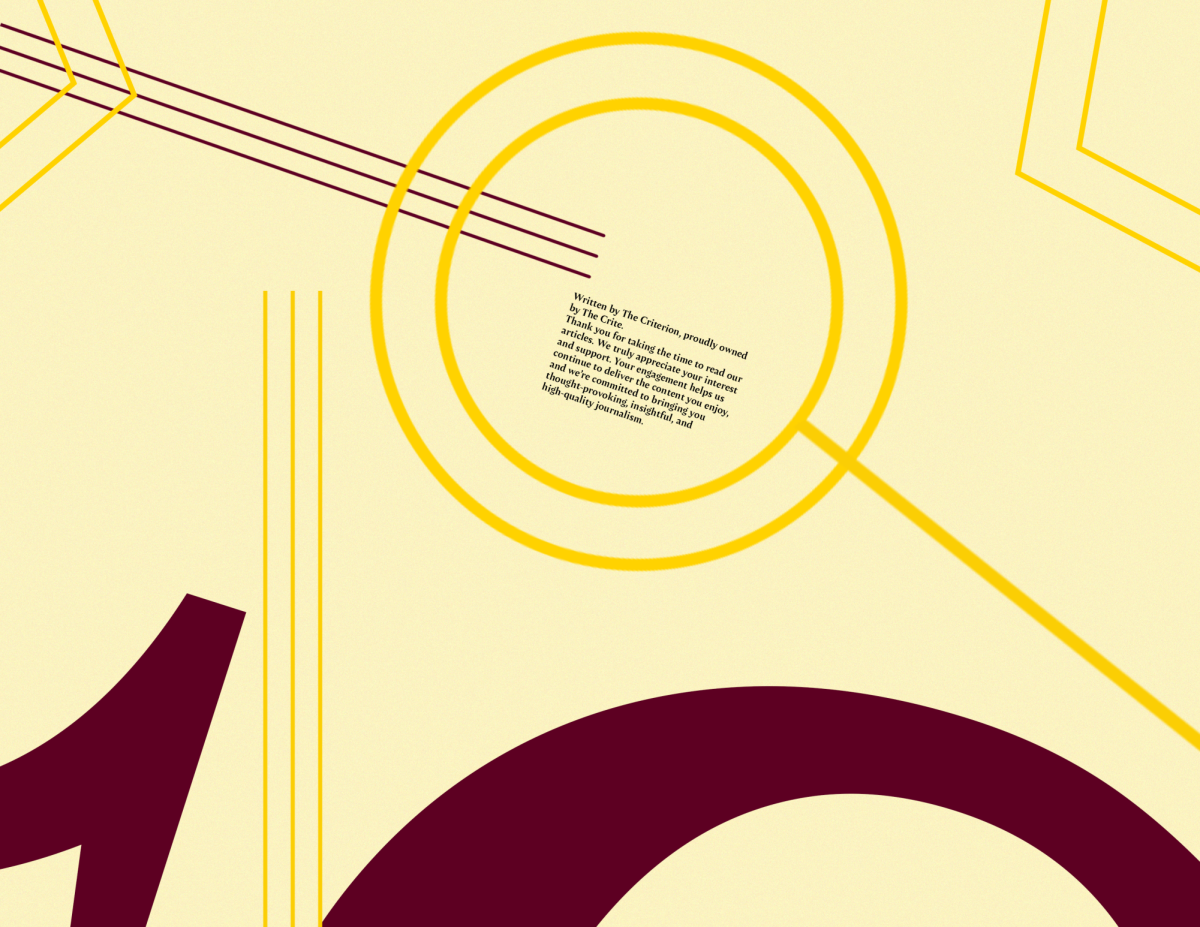by Tyler Fransen
Amongst CMU’s campus community are several students whom at one point in their life, decided to put their aspirations on hold, to go and fight for their country. These students are not looking for special treatment, and they also want people to know that being a veteran is only a part of who they are.
Farron Khan, Tommy Heckler and Michael Brault all served in the U.S. Army and all of them have stories to share about their experiences in the armed forces.
When Khan graduated from high school, the images of Sept. 11 were fresh in his and his classmates’ minds.
“It was my senior year when the planes hit the towers,” Khan said. “As soon as they hit the towers, you kind of at a young age look at what’s going on and think, ‘ah man something’s gotta be done about this, somebody’s gotta pay for it.’”
For Heckler, being in the military was a family affair.
“My whole family is military,” Heckler said. “I grew up and went to a military school, I went and lived on a military base my whole life, the military is in my blood.”
Brault enlisted in the army out of high school a couple years prior to Sept. 11, with a completely different challenge facing him at home; raising his family.
“My senior year of high school I actually became a dad,” Brault said. “I had almost a free ride to college for music, and I was like, ‘no I need to support this new family that I’ve created,’ and so going into the army became more of a logical option.”
Khan and Heckler were both stationed in Afghanistan while Brault served in South Korea. Even though they were deployed at separate times, Khan and Heckler both remember first getting off the plane in Afghanistan, and experiencing the desert heat of the Middle East.
“We got there mid-July so it was just mind boggling [heat],” Heckler said. “No one was used to it, but we hit the ground running and just had to stay hydrated.”
For Brault, the threat of heatstroke was not as much of a concern, as the next door neighbors of South Korea: the Democratic People’s Republic of Korea, known to the rest of the world as North Korea. North Korea was under the dictatorial rule of Kim Jong-Il when Brault served in the late ‘90s. The border between North Korea and South Korea is known as the “Demilitarized Zone” or DMZ for short.
The DMZ is largely considered one of the most dangerous places in the world, and any missteps in the DMZ could spell disaster.
“We actually went to a rifle range just to qualify, and we went all the way up to the bridge that crosses over into North Korea,” Brault said. “And we made a left down this little side road, and the range that we were qualifying at, they actually told us, ‘if you don’t think that you can hit the furthest out targets, don’t shoot for them because if you miss, you shoot over the hill and you’re actually shooting into North Korea, so it would start this whole thing, […] we were right there.”
Khan thankfully never had to worry about accidentally shooting into another country. What was worrisome, however, was the treacherous terrain of Afghanistan, filled with roadside bombs known as Improvised Explosive Devices (IEDs).
When on a patrol in Afghanistan, the Humvee unit in front of Khan’s was struck by an IED, giving all of the crew on board a concussion and launching the gunner from the vehicle.
In an ironic twist of fate, Khan was the original gunner in the doomed Humvee, but after a stop for lunch, the squad leader told Khan to switch out vehicles.
“It throws [the gunner] out to the side of a ditch, and he gets up and he’s shaken,” Khan said. “I’m seeing what’s going on and I’m seeing him get up, and he takes something out of his knee which we were assuming, ‘oh that’s shrapnel’ or something like that. He takes it out of his knee and after all the dust settled it just so happens that it was his kneecap.”
The gunner thankfully survived to tell the tale, but still, walks with a cane and some pain in his leg.
Heckler was fortunate that his most memorable story was seeing his perceptions about the world around him change, thanks in small part to a toilet.
In the area of Afghanistan where Heckler was deployed, there were no indoor toilets, and sewage was often found lying in the streets. When the army brought over toilets for use, signs were needed to inform native Afghans not stand on them or use them improperly. It was a moment that made Heckler realize, “just how small things are,” and that what is common sense to some, is completely foreign to others.
All three of these students are now working towards their degrees, with Khan and Brault expected to graduate in May of 2017, while Heckler still has roughly two years.
As Khan explained in his interview, student veterans do not want special favors or treatment, because at the end of the day, they are still students like their fellow Mavericks.
“I enlisted to serve my country, I enlisted because I’m a human being,” Khan said. “I mean there’s nothing heroic or special or anything like that, at least in my eyes there’s nothing remarkable about making a decision to sign that line.”



